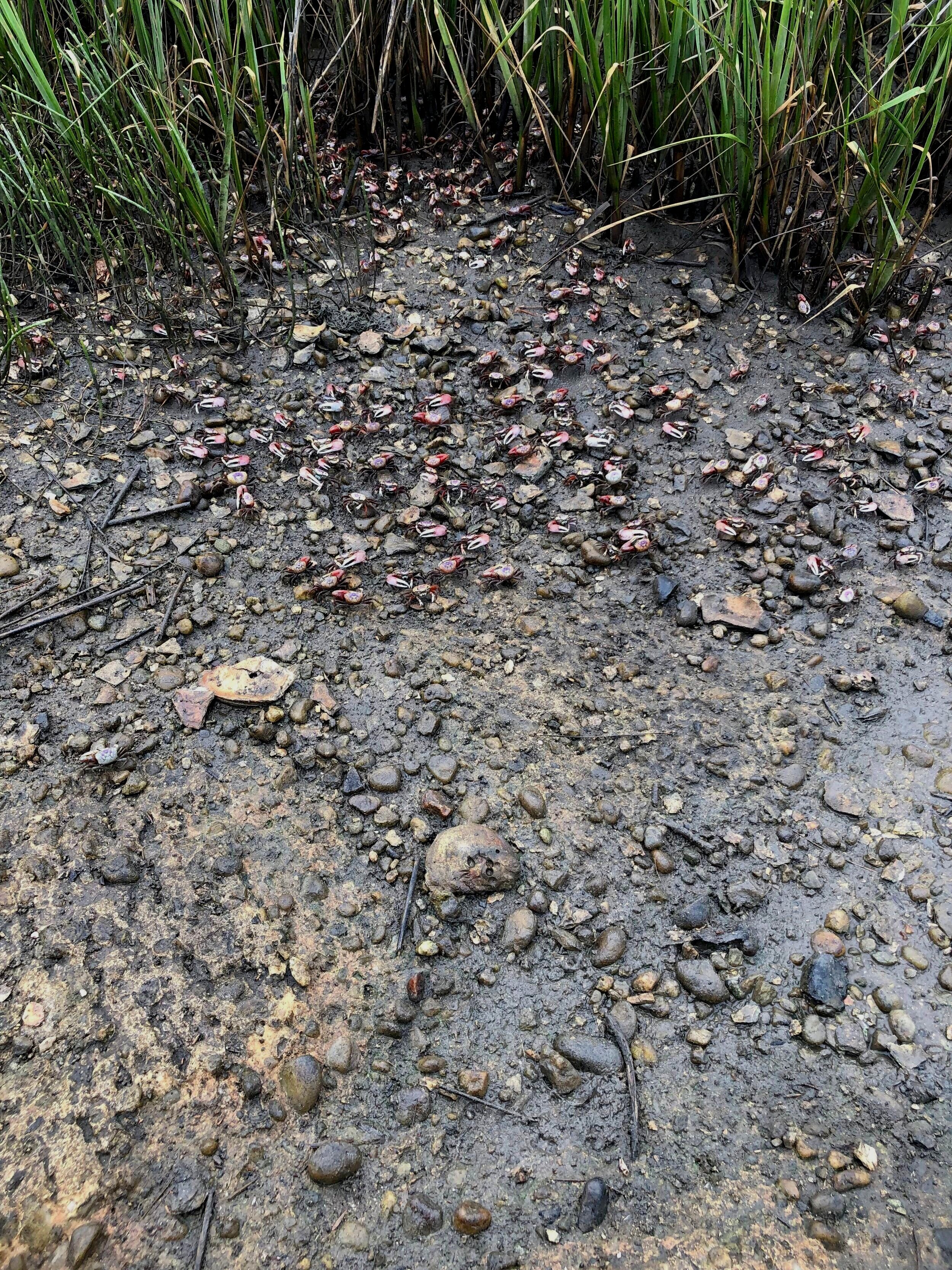
Teaching
BIOL 3900: Undergraduate Research (Fall, Spring, Summer)
BIOL3900 Undergraduate Research is designed to give biology majors individualized training in designing and conducting research projects in their respective fields of interest. In the López-Duarte lab, you will be participating in research projects that focus on the behavior and ecology of marine invertebrates and fish, including the factors that control larval dispersal and recruitment, and the adaptations to life in coastal marine habitats.
BIOL 3000: Introduction to Marine Science (Spring)
Marine Science includes the study of the marine environment, marine life, and of the factors that influence the abundance, distribution, and diversity of organisms in different marine ecosystems. These can include abiotic factors (non-living physical and chemical factors that affect the ability of organisms to survive and reproduce), biotic factors (living things or the materials that directly or indirectly affect an organism in its environment), and anthropogenic (human origin) factors, which are becoming increasingly more pervasive. The overall goals of this course are (1) to become familiar with common themes in marine science relating to patterns of primary and secondary production, important ecological interactions, and structurally and functionally important taxa in different marine environments and (2) to discuss scientific literature that elucidates the established and current themes in marine ecological research. The course is divided into four modules, each will be approximately 3 weeks: (1) The Ocean Environment, (2) Marine Ecosystems, (3) Marine Ecology, and (4) Human Impacts.
BIOL 6101/8101: Hypothesis Testing (Fall)
The overall goal of this course is to provide graduate students with a conceptual understanding of the methods of study design, data collection, and analytical techniques necessary to conduct biological research. The course will introduce topics of data exploration, statistical inference, hypothesis testing, and experimental design as they relate to the observation of biological phenomena. Students are expected to develop a solid understanding of statistical principles and ideas, learn how to carry out many of the most fundamental types of statistical analyses used in the biological sciences, and interpret statistical results. We will use SPSS, a statistical software packages freely available to UNC Charlotte students to perform tests and learn to interpret the software output correctly. In an effort to provide students with the tools they will need to improve reproducibility and collaboration throughout their research careers, we will also dedicate significant time to learning R, an open source programming language and environment for statistics and graphing.